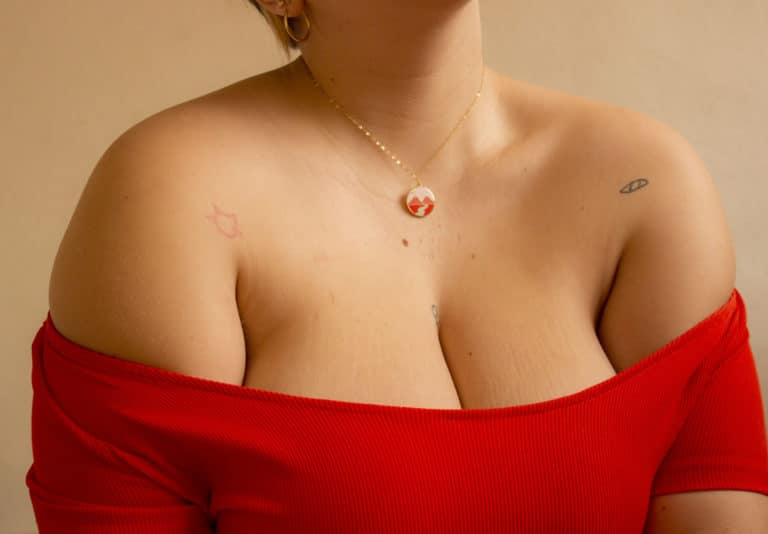Love Island reflects our society: the bad, yes, but also the good

I’ve always felt like people define themselves by what they hate, not what they love (me included). And during my last few summers in the U.K., Love Island is this one topic that seems to be right in the middle—some hate on it, some absolutely love it. For the few of you that have been living under a rock, Love Island is a reality TV show where hot young singles (all looking for love) move to a house in Majorca and couple-up with someone in order to survive in the villa. Weekly, the ‘Islanders’ with the fewest votes have to leave the show. The winning couple leaves the island with £50,000.
I only started watching Love Island last year, and although it made me cringe from its initial tacky look and feel at first, I slowly got into it. A year later, you’ll find me on my sofa at 9pm sharp almost every night, ready to watch the daily events unfold. Put people under a microscope for two months and you’ll get viewers. Why? Not only because it’s basic human nature to scrutinise, criticise and analyse other people, but also because Love Island has these added elements of love, dating, ‘grafting’, ‘humping’ and people talking about their ‘type on paper’. What’s not to like?
In a country where Brexit seems to be a main point of discussion, one that is stressful for most of us, Love Island is my distraction. And while it’s important that people call out the show’s lack of diverse representation (after last year’s first black female contestant ever, there have been numerous articles about Yewande Biala, the one black woman on this year’s show), it’s worth thinking about the wider positive effects it has on viewers.
My point is that even though there are a lot of things that are wrong with Love Island, there are also many positive outcomes. Viewers might not relate to the unrealistic body standards or, more precisely, the lack of (body) diversity, but there is one thing everyone can relate to, the Islanders’ need for love. Unlike the other famous reality TV show Big Brother, Love Island is about showing how people react to topics that viewers can easily relate to—rejection, betrayal; abandonment. Talking to Vogue about Big Brother, clinic director of Harley Therapy, Sheri Jacobson said the show had a “tactic of purposely bringing in psychologically unstable (and thus highly vulnerable) people into the mix for entertainment’s sake”.
Let’s make things clear, just like any other TV reality show, Love Island is heavily edited—intense romantic relationships or not, both are manipulated by producers before ending up on our screens. Once taken with a pinch of salt, you’ll notice how the show operates on a different number of levels, creating a ‘theatre’ where Islanders are part of the ‘cast’. And this is exactly why I like Love Island so much, it is one of the best (and longest) plays I’ve seen. I see the show as metatheatre as a half joke and half serious point, with the definition of metatheatre being comedy and tragedy, and giving the audience a chance to laugh at the protagonist while feeling empathetic simultaneously. Sounds about right.
Love Island also clearly defines the complexities of British society. Admittedly, that’s not the reason I started watching it, but anyone criticising the reality TV show for its lack of intelligence should then decide to put their focus on what the show reflects of our society and our way of interacting with each other, not on the bare bums and silly arguments. One of the rules that the Islanders are given before going on the show is that they’re not allowed to talk politics or share their political views. Why exactly is that prohibited? Would it not make Love Island appealing to more viewers by showing Britain’s diverse political opinions, or would it just end in another Sherif drama?
Love Island is definitely not perfect, but it compelled me not to be so judgmental. Who am I to judge people on TV, especially people that just want to find love (and, okay, possibly win £50,000, something that is a big enough incentive to be accepted by everyone as the main goal of the journey, and yet last night Molly-Mae was fuming after being accused of doing that exactly)? The show points out the social dynamics that we also have in our own lives and pushes me to reflect on my own relationships (romantic or not). Maybe you should have a go as well, have a little Love Island therapy session.




